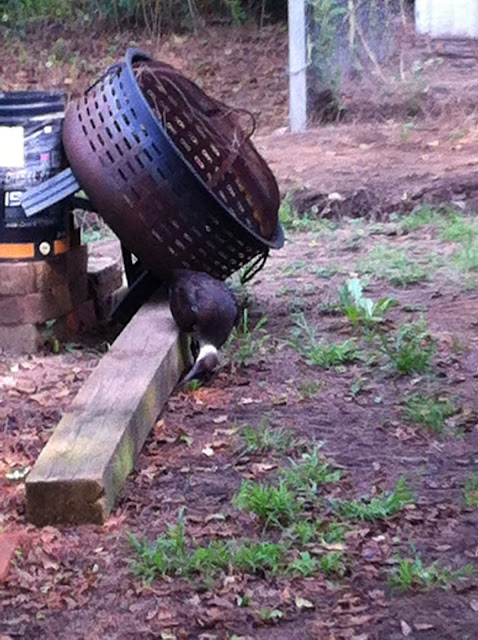Did I say that the journey began with a single step? As true as that is, the next step can easily be a detour not imagined when the first one was taken - and so it has turned out. This has been a year filled with side-tracks, diversions, and unexpected busyness.
When our government announced Covid lockdowns and restrictions on mingling with other people, my wife and I looked at each other and shrugged.
"Not keen on crowds" we said to each other "and always happy pottering in our own garden and doing our own thing - sounds like we have been handed an excuse to live our lives in a fashion most congenial to us"
Within days, we found ourselves "in loco parentis" to grandchildren who had been sent home to do their studying online for an indeterminate period. What fun! What wonderful mental exercise for us as we reached back five decades or more to our own long lost schooldays, in search of discarded bits of geometry and algebra - it was amazing just how many forgotten formulae surfaced from the depths. What wondrous new skills and words did we acquire as we grappled with the many and varied types of software chosen by the many and varied teachers who, only the previous week, had the pleasure of close daily learning experiences with those grandchildren, but now had to find, on short notice, ways of teaching them via the internet. Everyone involved found themselves on the proverbial "steep learning curve" - a trite business cliche that, for once, was deadly accurate.
So much has happened since then - in our family, our community, our country, and the wider world - and we have, like so many others, been busy just keeping up with it all. Somehow, the time allotted to matters creative was nibbled away by the effort involved in keeping ourselves afloat, and helping other family members in worst straits than us - until the inevitable happened. The long lapse in creative work began to feel inexcusable, and recommencing the work seemed almost impossible - the creative impulse was swamped by a sense of guilt and failure.
Now, the warnings of the scientists are again proven true, despite the wishful political thinking that had gained the upper hand, and Christmas is to be held under restrictive conditions, due to the virus once again slipping through our defences.
The garden is soggy, but productive, as La Nina helps us recover from the horror and dessication of last summer's drought and bushfires - our creek is busy with minnows, crayfish, and small perch (who are growing fast) but no trout - the cicadas have had a bumper year, and the night is full of frog song. Clutches of ducklings, baby magpies, and parrots have visited our garden with their parents, learning which of the neighbourhood humans are soft touches for a bit of extra tucker. One of my 18 year old Apple Tree bonsais has flowered for the first time, and set tiny fruit.
The human grandchildren have resumed normal schedules, and we can allow the trigonometry and calculus to slip back into the oblivion of ancient memory - and now, with time on our hands, there is no excuse for not picking up the frayed threads and setting to work again. Let's see what next year brings. Ours has turned out pretty well, in the end - I hope it all comes good for you, too.









